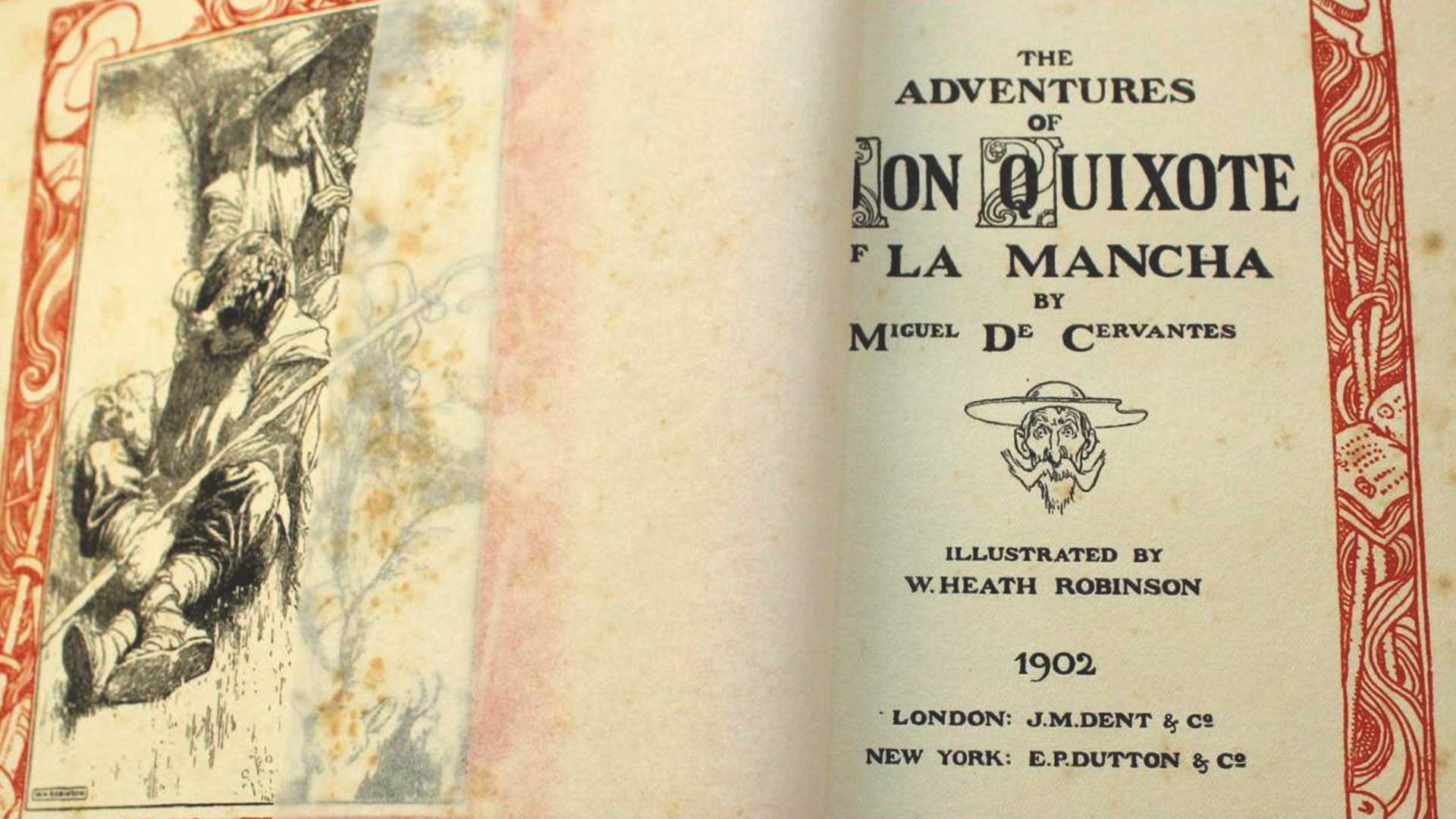There’s nothing like reading great stories set against the backdrop of the destination you are exploring. From ‘Don Quixote’, regarded as the world’s first modern novel, to collections of poems and a novel set high in the Spanish Pyrenees, Ultimate Library shares these five outstanding reads.
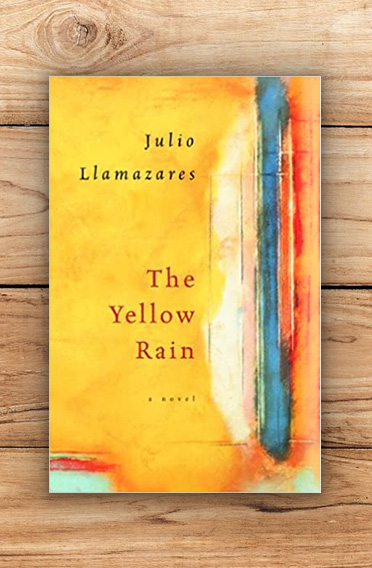
1. The Yellow Rain by Julio Llamazares
Ainielle is a village high in the Spanish Pyrenees. Its houses now stand deserted – and have done so for many years – most of them in ruins. Its last surviving inhabitant, an old man at death’s door, lingers on, and as the first snows of the year fall and the “yellow rain” of autumn leaves flutter about him, he recalls the life he lived and the ghosts – once his friends and neighbours – who now frequent his wavering memory and who have taken possession of his solitude.
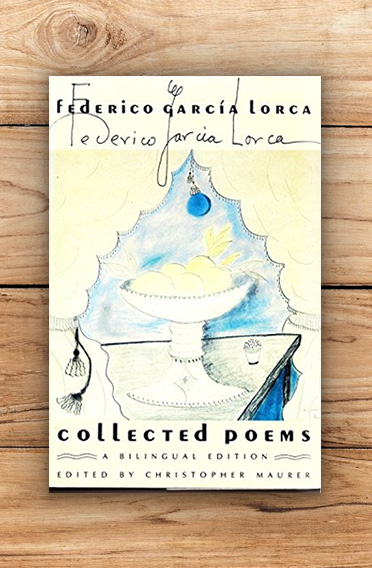
2. The Collected Poems of Lorca by Frederico García Lorca
The collected works of one of Spain’s most recognisable and notable poets and playwrights. Known for his love of the Avant Garde and surrealism, both of which influenced his writings, Lorca published numerous volumes of poetry. His work often incorporates elements of Andalusian traditional culture, romance, and tragedy, and he was a symbol.
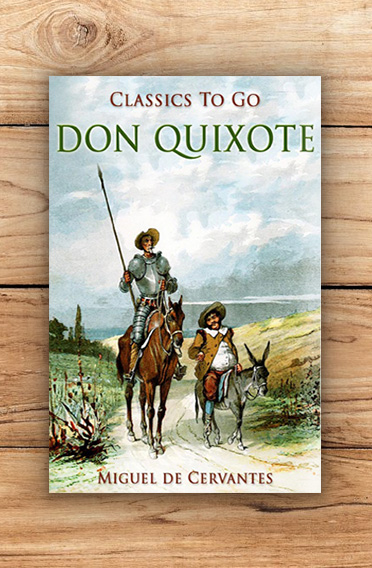
3. Don Quixote by Miguel De Cervantes
Thought to be the worlds first modern novel, and regarded as one of the funniest and most tragic books ever written, Don Quixote chronicles the travels of a noble knight-errant. Don Quixote de La Mancha and his faithful squire, Sancho Panza travel across sixteenth-century Spain in search of chivalrous adventure. Originally a parody of all the chivalric.
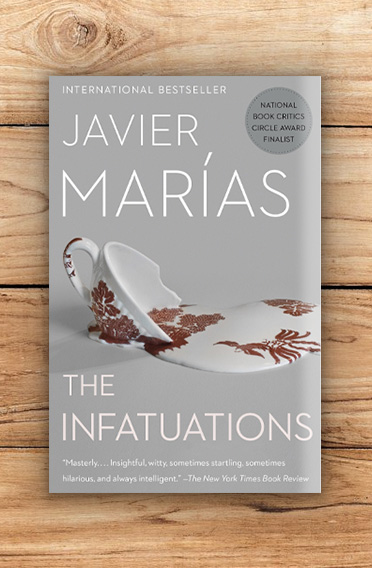
4. The Infatuations by Javier Marías
The Infatuations is a metaphysical murder mystery and a stunningly original literary achievement by Javier Marías. Every day, María Dolz stops for breakfast at the same café. And every day she enjoys watching a handsome couple who follow the same routine. Then one day they aren’t there, and she feels obscurely bereft. A brilliantly reimagining of the murder novel as a metaphysical enquiry, addressing existential questions of life, death, love and morality.
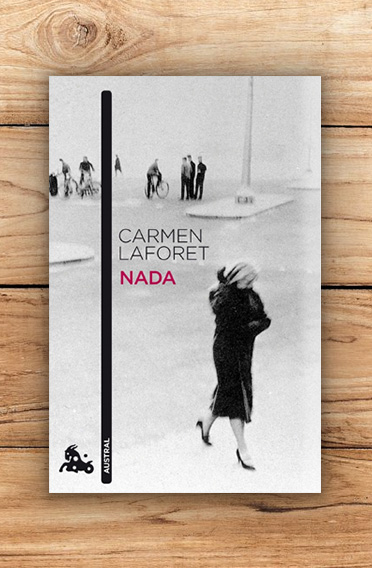
5. Nada by Carmen Laforet
Andrea, an impoverished eighteen-year-old girl travels to Barcelona to pursue her ambition and study literature at the university. She arrives at night, by train, in a
city that immediately imposes its bleak, post-Civil War atmosphere on her impressionable mind. Nada describes a young woman’s emergence from a life of cloying despair into the fresh new dawn of post-war enlightenment and promise. The spirit of war-torn, brutalised Barcelona – very different from the confident, prosperous Catalan capital we know today – hovers over this beautifully written and minutely observed novel.

